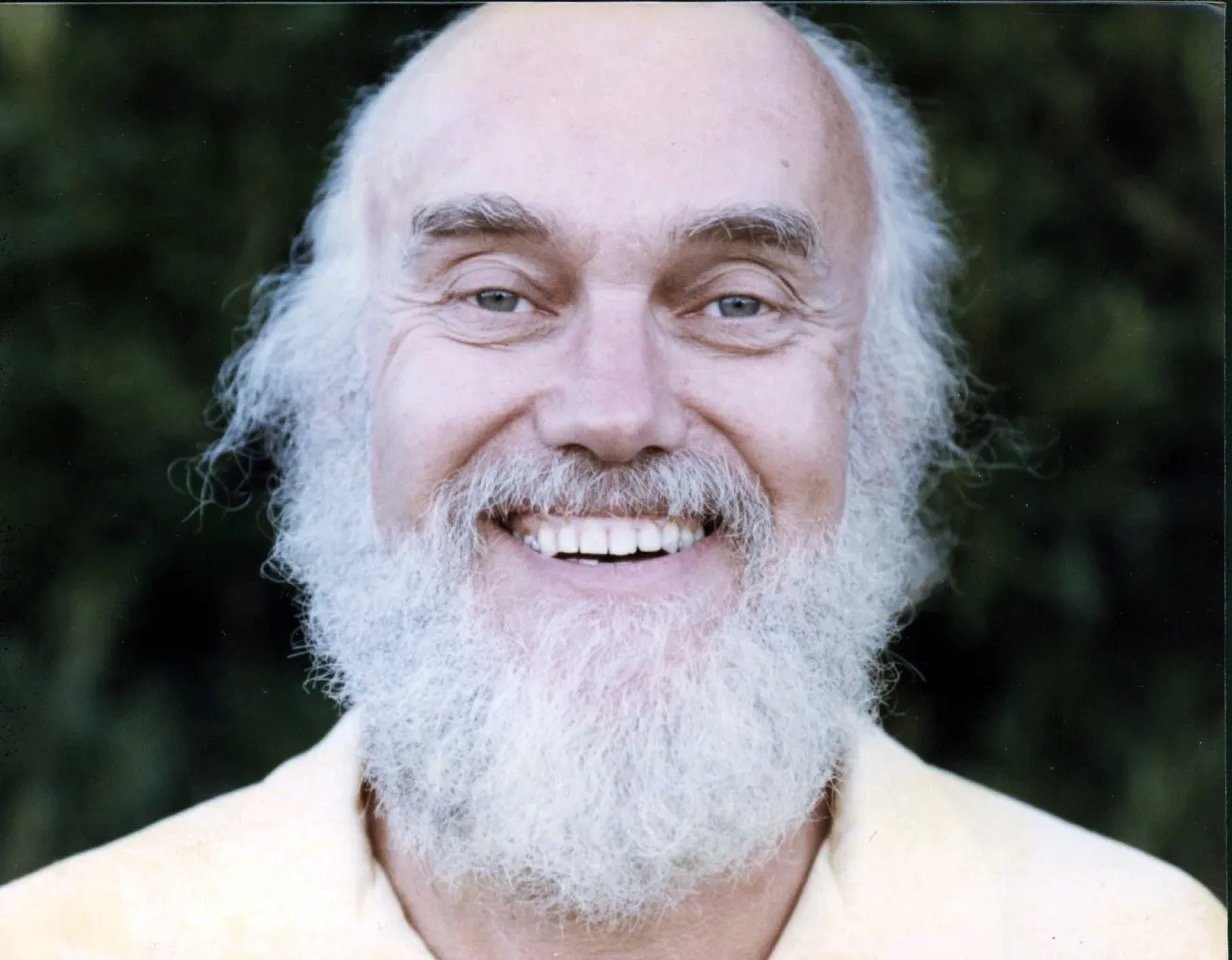Cultivating Contentment
I heard the spiritual teacher Ram Dass speak in person only once. Even though it was almost a quarter-century ago, I vividly recall the wisdom he shared that day. It was one of the first public talks he gave after suffering a severe stroke at age 65, leaving him dependent on caregivers for the rest of his life. Having recently regained his ability to speak, words no longer came quickly or easily to him. Perhaps part of why I still remember his insights so clearly is because they were imparted very slowly, giving them ample time to fully penetrate.
Ram Dass
Ram Dass explained that despite his long term, deep spiritual devotion, he’d felt depressed after the stroke, as if life had somehow betrayed him. What turned it around for the man who’d written Be Here Now decades before was shifting his focus back to the present moment. He realized that he’d gotten stuck in a state of mind that kept looking backwards—constantly comparing himself to the person he was before the stroke, cataloging all the things he could no longer do. But once he began to fully embrace his life just as it was in the present moment, joy and peace began to blossom. Feeling buoyed by the outpouring of love and support showered upon him by so many people, he began to live in a state of perpetual gratitude.
Lately, as I’ve been noticing how much discontentment arises from my reflective habit of comparing myself or my situation to the past, to other people, or to my ideals and expectations, I’ve been thinking about a stand-up skit I saw years ago, where the comedian talked about how miserable he’d become since acquiring wealth and fame. He told the audience that when he used to stay at the cheapest road-side motels, he’d felt content with so little—truly thrilled if he discovered an unopened bar of soap and a clean towel in the bathroom.
Now, routinely staying at 5-star luxury hotels, he finds himself stewing incessantly over the smallest details, like when a room service waiter delivering his expensive gourmet meal forgets one small item. The comedian did a great job of showcasing the humor of his situation—the many ways his high expectations made reality fall short, frequently leading to fury and frustration.
My father often reflected upon the negative impact expectations have on our lives. While writing Quest for Eternal Sunshine, I discovered a mini-cassette player with a recording my son Jeffrey had made when he was in elementary school—an interview with my father about his life for a school project. I was overjoyed to hear my dad enthusiastically share stories with his grandson that I’d never heard before, including a description of the games he’d played with his cousins back in his hometown of Jaworzno, Poland when he was a young boy in the early 1930s. “We’d dig a hole in the ground,” my father explained to Jeffrey, “And then we’d roll a ball toward it. Whoever managed to get the ball in the hole the most times was the winner. And sometimes we’d toss beans into the hole instead.”
My dad told Jeffrey that they had a lot of fun with those games, and that they never expected new or better toys. “But what would have happened if we’d compared ourselves to what other kids had and found our toys deficient?” My dad mused. “Our joy would have been replaced by envy, and we would no longer have been satisfied.”
In my ongoing quest to cultivate contentment, I’m taking Ram Dass’s advice to heart: “Be here now. Don’t anticipate. Don’t yearn for things of the past. Let the past go with forgiveness. And let the future go with no anticipation.”
Take a Moment Micro-Meditation
Tiny pauses to be right here, right now can have big results. Our Take a Moment series of micro-meditations—all under two minutes long—make taking mindful pauses as easy as possible. We invite you to "Take a Moment" to find the calm that is always within you.




